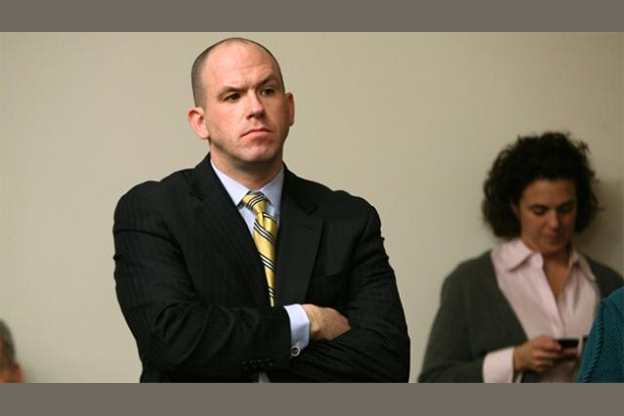

We are not amused
Most of you are aware by now of the sweeping protective order entered by Chief Magistrate Boylan in the matter styled Brodkorb v. Minnesota Senate. You’re probably also aware that Brodkorb’s attorneys take a dim view of the scope of the order. Well, maybe you aren’t.
But John Gilmore wrote about it — at length, which is the only way John writes — and he provides a good exposition of the order, so I commend it, and I won’t repeat it.
It’s a magical order, all right, but not according to Dayle Nolan, counsel for the Senate:
Dayle Nolan, attorney for the Minnesota Senate, said that protective orders not unusual and the form it took (see below) is not unique.
“It is the norm,” she said.
Nolan is right in that protective orders are not unusual. But this one is definitely unusual.
Protective orders are usually entered to protect trade secrets or other proprietary information or vulnerable persons or minors, or to prevent prejudicial pretrial publicity. A party ordinarily seeks to protect the confidentiality of information that it is disclosing to the opposing party.
What’s unusual about this one is that by simple designation, a party may declare that information in the possession of the other party is confidential. From the order:
A party may designate Confidential documents or information by informing all other counsel, in writing, that certain information is Confidential and is governed by the Protective Order.
Dayle Nolan says something is confidential, excuse me, Confidential, and poof!, it’s confidential. Pretty neat, don’t you think? Well, if you’re Dayle Nolan you do. But not if you’re, say, the media or the public.
According to Greg Walsh (see the link above), attorney for Michael Brodkorb, there are audiotapes that Michael Brodkorb has of conversations he had with “representatives of the Minnesota Senate” that have never been in the possession of the Senate that the Senate’s counsel says are confidential, excuse me again, “Confidential.”
The fact these tapes exist should not be the smallest surprise to anybody who knows anything about Michael Brodkorb. I have counseled progressives for years to keep some real estate between themselves and Michael. But it also shouldn’t surprise the “representatives of the Senate” that he would turn his considerable skills to his advantage when he felt betrayed; it seems there are some people out there who just weren’t thinking.
It is hard to imagine statements of more public concern — other than confession of their own peccadilloes, perhaps — that “representatives of the Minnesota Senate” had with the cashiered Michael Brodkorb.
If unchallenged, claims of confidentiality will survive either the trial or the settlement of the case.
John Gilmore — you did read his post, right? — says that the media ought to intervene. I think so, too. I do part company with John on a couple of things, though. One is the involvement of Tom Bakk. At the time that all of the facts relevant to the case occurred, the Republicans were in charge, that is, very much in charge. There is zero probability that Tom Bakk or any DFler had any input in the canning of Michael Brodkorb, or the award of the Scarlet Letter to Amy Koch for that matter.
I do agree with John that the DFL should have agreed to settle the case, sooner rather than later, and hung the millstone around David Hann’s neck. I have said as much since the beginning of the year.
Thanks for your feedback. If we like what you have to say, it may appear in a future post of reader reactions.

